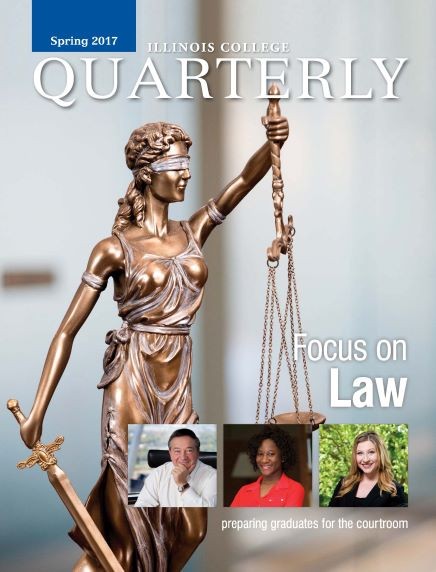IC’s historic literary societies: preparation for law and life
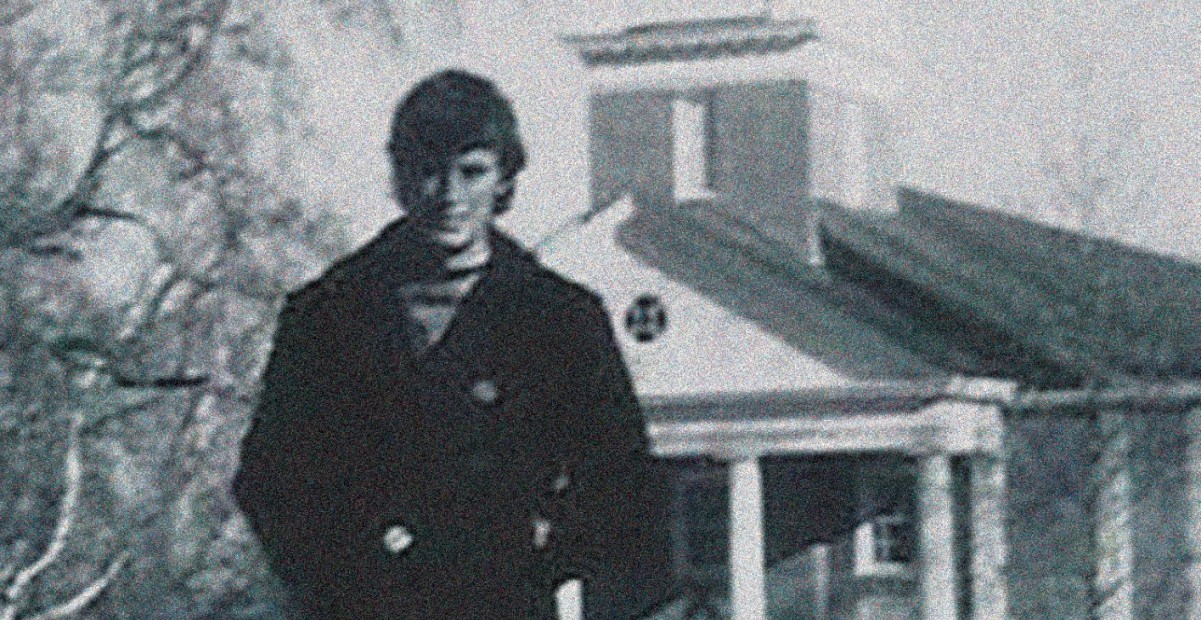
“During my four years at Illinois College I was involved in many campus activities ranging from Pi Pi Rho literary society to being a student assistant for my professors in the business department. The academic, social and professional skills I developed as a student helped me secure an internship with the Institute for Business & Government Affairs with The Fund for American Studies in Washington, D.C., the summer before my senior year. These skills have carried over to my legal career and are invaluable in my profession when I am working with clients, members of the judiciary and other attorneys,” said Porter, a litigation attorney with nationwide firm, Litchfield Cavo, headquartered in Chicago. Porter even had the opportunity to work his first job in law school with fellow Rhoer alumnus Gary Davidson ’95, of Castle Law Firm.
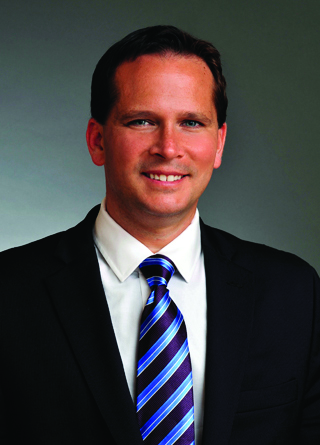
While literary societies are a rarity on college campuses today, these historic groups continue to serve a vital purpose on Illinois College’s campus, helping students Graduate READY to communicate effectively and excel professionally.
Jim Spizzo ’74, a retired practicing partner with Vedder Price in Chicago, said that he learned valuable team-building and leadership skills by leading business meetings as pledge president of Gamma Nu.
“My service as literary critic to the society provided significant opportunities to develop the verbal skills required as a practicing lawyer in countless negotiations, oral arguments and legal proceedings,” said Spizzo.
As an educator and later an attorney, Jill Angle Price ’99, said that her involvement in Sigma Phi Epsilon helped her evolve in unexpected ways. She practices law at Flint Law Firm in Edwardsville and encourages students to take advantage of a one-of-a-kind opportunity by joining a literary society at IC.
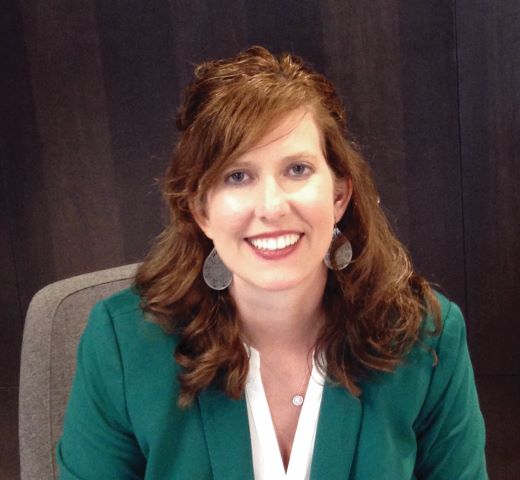
“At first glance, students may think joining such an organization is for the comradery and social life. However the truth is, it is much, much more. Through Sigma Phi Epsilon my professional skills developed, especially in public speaking, leadership and time management. These necessary life skills can’t always be taught to students in a traditional classroom environment,” said Price.
According to Price “a liberal arts education is so valuable because it introduces you to multiple academic subjects and you graduate having a broader insight. Actually, it’s more than an education, it’s a transformation, and it provides a solid foundation for any career.”

